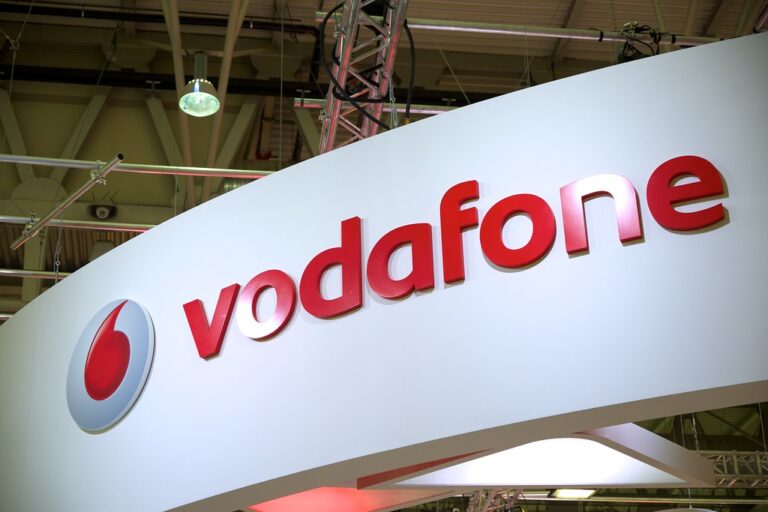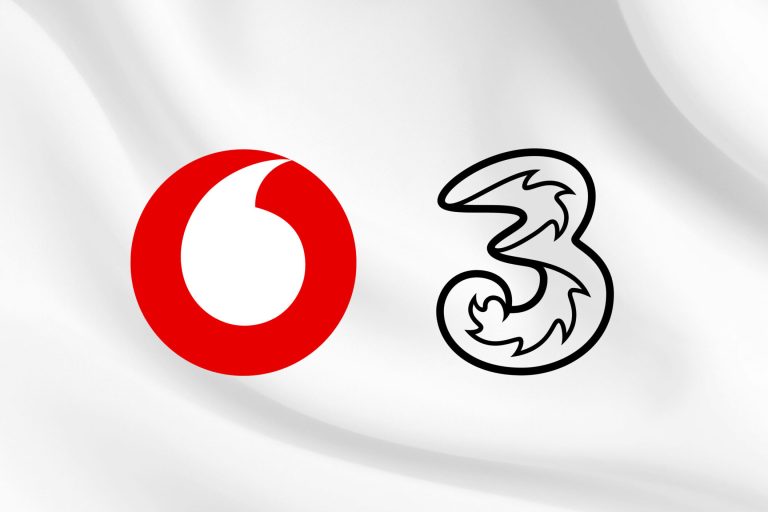Highlights
· European tower infrastructure to be legally separated into a new organisation (referred to as “TowerCo”) which will be operational by May 2020, with a dedicated management team
– Europe’s largest towers portfolio, comprising 61,700 towers in 10 markets with potential proportionate EBITDA of around €900 million
· Preparations underway for a variety of monetisation alternatives, to be executed during the next 18 months (depending on market conditions), including a potential IPO of TowerCo
· Highlights the significant value embedded in Vodafone’s tower infrastructure
· Continuation of active and passive network sharing strategy
– Unlocking industrial benefits, including substantial opex and capex savings and accelerating the roll out of 5G
· Proceeds will be used to reduce Group debt
Having secured network sharing agreements in several key markets, Vodafone Group plc (LON:VOD) announced today that it is proceeding with plans to monetise a substantial proportion of its European tower infrastructure during the next 18 months, including the previously announced intention to combine Vodafone Italy’s passive tower infrastructure with Inwit S.p.A.
Capturing industrial benefits from active and passive network sharing
Vodafone has recently announced active and passive network sharing agreements in Italy, Spain and the UK, and will continue to pursue similar arrangements across its European footprint in order to capture the sizeable industrial benefits prior to monetisation of its tower infrastructure.
These sharing agreements ensure that Vodafone can benefit from a faster roll out of 5G technology across a wider geographic area at a lower cost, and are expected to deliver substantial annual recurring savings in opex and capex.
Tower portfolio review highlights Vodafone’s superior asset quality and the opportunity for further value creation
In November 2018, Vodafone announced that it had commenced a review of its European tower portfolio with a view to improving asset utilisation. Since then, Vodafone has conducted extensive due diligence and evaluated the formation of a European tower company and the potential opportunities and risks associated with tower monetisation in all of its major European markets.
Vodafone believes that there is significant scope to generate operational efficiencies and increase tenancy ratios across the portfolio, and that it will be possible to monetise towers while preserving network differentiation and long-term strategic flexibility.
During the course of this process, Vodafone has received several offers for various parts of its tower portfolio, which have highlighted that its tower assets would command an attractive valuation, reflecting TowerCo’s superior asset quality, strong market positions and higher anchor tenant credit rating.
Creating Europe’s largest tower company
Consequently, Vodafone has decided to legally separate its passive tower assets in order to create a new TowerCo organisation with a dedicated management team, which will be operational by May 2020.
TowerCo will own Europe’s largest tower portfolio, comprising approximately 61,700 towers across 10 countries1, with 75% of these sites in the major markets of Germany, Italy, Spain and the UK. Based on market benchmarks for anchor tenant lease rates, existing third party revenues and the attributable cost base, TowerCo could generate proportionate annual revenue and EBITDA of around €1,700 million and €900 million, respectively2. TowerCo’s attributable annual maintenance and expansion capex could be up to €200 million. The ultimate financial profile of TowerCo may vary from these figures, depending on the assets that are included, whether the assets are fully controlled, and the anchor tenant lease rates that Vodafone decides to set.
Vodafone intends that TowerCo’s operational and financial KPIs will form part of its regular disclosure in the future.
Monetisation options
Vodafone intends to monetise a substantial proportion of TowerCo over the next 18 months, depending on market conditions. The ultimate form of monetisation may include an IPO or disposal of a minority stake in TowerCo, as well as potential disposals of minority or majority stakes at an individual country level.
Proceeds from the sale programme will be used to reduce the Group’s debt.
Nick Read, CEO of Vodafone, said:
“Building on our position as Europe’s largest converged operator, we are now creating Europe’s largest tower company. Given the scale and quality of our infrastructure, we believe there is a substantial opportunity to unlock value for shareholders while capturing the significant industrial benefits of network sharing for the digital society. We are focussed on executing this strategic priority over the next 18 months.”
1. Total towers comprise 19,300 in Germany, 11,000 in Italy, 9,700 in Spain (adjusted for the sharing deal with Orange), 6,600 in the UK (representing 50% of total UK towers, consistent with Vodafone’s ownership of Cornerstone, the 50:50 joint venture company that owns and manages its passive infrastructure) and 15,100 in Other Europe (excluding VodafoneZiggo).
2. Vodafone will initially represent the majority of these estimated revenues.








































